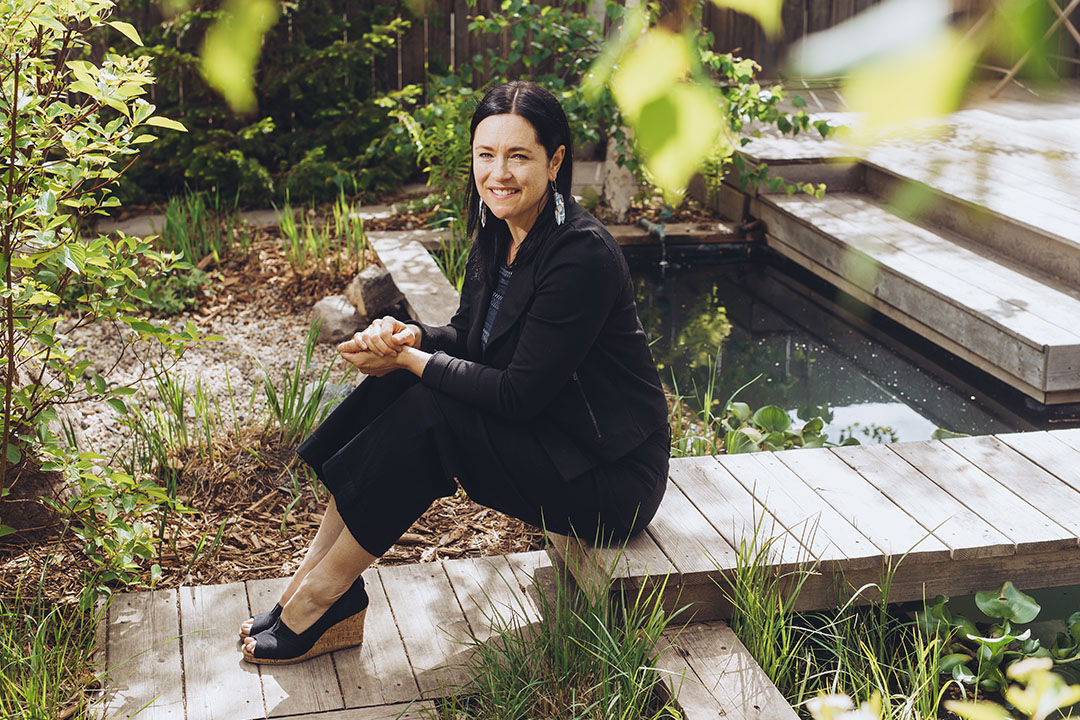
USask-led partnership awarded $2.5M to advance global climate education
Working with international partners, the University of Saskatchewan (USask) has been awarded a $2.5-million Partnership Grant from the Social Sciences and Humanities Research Council of Canada (SSHRC) to increase climate change education, training and public awareness on a global scale.
The six-year Monitoring and Evaluation of Climate Change Education (MECCE) partnership, led by USask College of Education professor Dr. Marcia McKenzie (PhD), is comprised of more than 80 prominent scholars and agencies in climate change and education. This includes the Intergovernmental Panel on Climate Change, the United Nations Framework Convention on Climate Change (UNFCCC), the United Nations Educational, Scientific and Cultural Organization (UNESCO), and Environment and Climate Change Canada. Universities in the United Kingdom, Australia, South Africa and Germany are key partners.
“Education plays a critical role in fostering the kinds of changes in lifestyles, attitudes and behaviours needed to create a sustainable world,” said USask Vice-President of Research Karen Chad.
“Through this major federal investment and working with our many partners around the world, we will help improve climate change education policies and practices, train students and policy makers, and develop a standard set of quality education indicators for monitoring progress toward the United Nations’ Sustainable Development Goals.”
The project will get underway with 30 case studies over six continents to gain geographic and culturally diverse understandings of how climate change education and communication can help drive action on climate change across sectors.
“With better understandings of quality climate change education and training, countries will be able to improve their policy and practice, whether that is developing more effective environmental education curricula for elementary schools, or launching employee emission-reduction programs for local businesses,” said McKenzie, the college’s director of the Sustainability Education Research Institute and principal investigator of MECCE.
In addition, by developing benchmark data and monitoring indicators, MEECE will support intergovernmental agencies and governments in setting targets to increase the number of climate change education programs in communities around the world.
“As a society, we have developed climate indicators to measure greenhouse gas emissions and set national and global emission reduction targets,” said McKenzie. “What we lack are data and associated indicators to encourage education that will address the social and psychological factors that have led to climate inaction around the world.”
MECCE will host international climate leader forums for graduate students and national policy makers to influence change more broadly, and will develop policy briefs that can be used by negotiators at United Nations climate meetings. Digital tools will include an online library of videos and a citizen science app to encourage and track public participation in global climate action initiatives.
“The science on human-induced climate change is conclusive,” said McKenzie. “But it has been challenging to connect the need for societal change with existing priorities and values. This project will help us better communicate with various groups in ways that resonate with them, with an aim to ultimately inspire and incite more communities and countries to act.”
The research team spans the globe and includes more than 80 intergovernmental agencies, policy makers, NGOs and university researchers. The project results will inform sectors of K-12 education, higher education, government and industry training, and broader public awareness and participation. More than 150 graduate students and post-doctoral fellows will be funded by the grant, in addition to 110 policy makers involved in implementing climate change education and training.
Partners are providing a total of $2 million in cash and in-kind contributions, including in-kind support from the University of Cambridge to develop video modules featuring high-profile climate change experts such as Sir David Attenborough. USask is providing more than $690,000 in cash and in-kind contributions.
MECCE builds on McKenzie’s previous work leading a $2-million SSHRC Partnership Grant project on sustainability in education policy across Canada (2012-2020). The Sustainability and Education Policy Network’s Canadian research examined how climate and sustainability were being addressed in policy by post-secondary institutions, as well as provincial K-12 ministries of education and school divisions.

